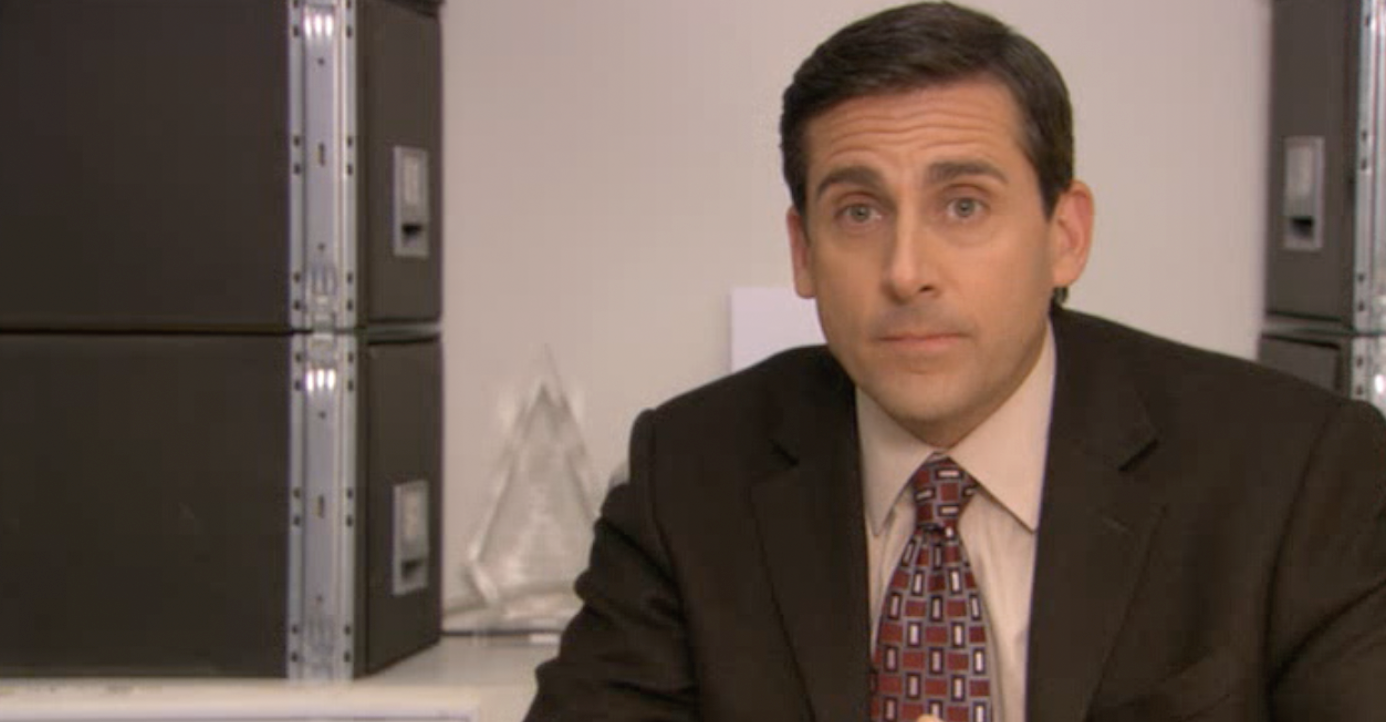Having covered the overt and canonical Shakespeare-related material in The Office, it's exciting to discover even more material waiting in the deleted scenes.
In this episode (which aired on the date we commemorate Shakespeare's birth), the small Michael Scott Paper Company is going up against the much larger Dunder Mifflin Paper Company, and it feels like David against Goliath:
Michael, Pam, and Ryan are each David, and they're going up against another David—David Wallace, the CEO—but that David is really Goliath. The Shakespeare comes in the last analogy: Charles (the manager of the Scranton branch of Dunder Mifflin) is Othello, apparently for no better reason than that Michael needs to reach for a person from classic literature who is black.
Links: The Episode at IMDB.
Click below to purchase the season from amazon.com
(and to support Bardfilm as you do so).
(and to support Bardfilm as you do so).










No comments:
Post a Comment